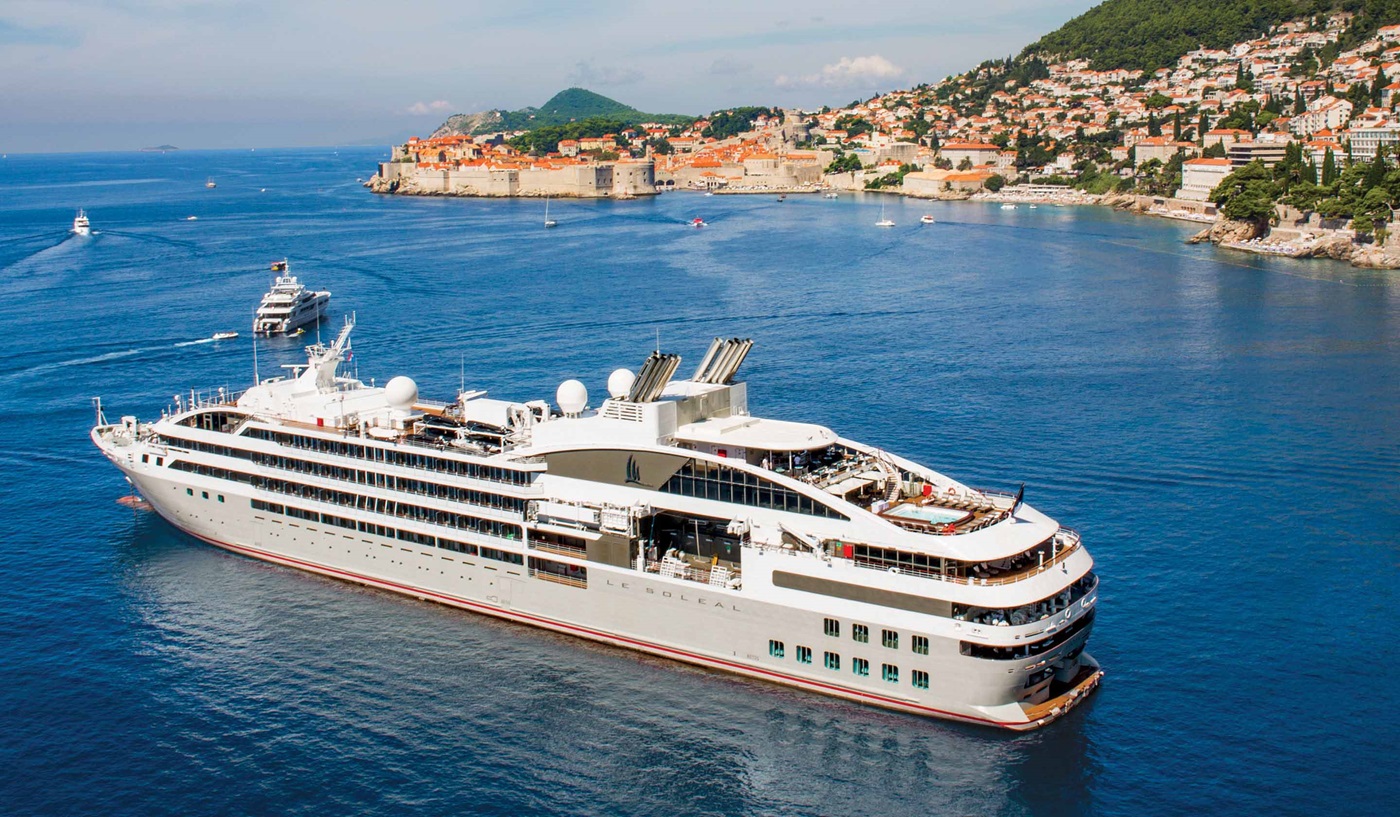Explore Portugal on a Small Ship Cruise: Travel Guide
Small-ship cruises—typically on vessels carrying 20–200 guests—offer intimate, immersive travel along Portugal’s stunning coastline and riverways. Unlike large liners, these cruises dock at smaller ports and towns, allowing easier access to local culture. They exist as a response to travelers seeking meaningful experiences: direct interaction with communities, flexible itineraries, and gentle exploration of Portugal’s diverse landscapes—from the Douro Valley to the Algarve coast.
Importance: Why This Experience Matters
Authentic Cultural Encounters
Small vessels dock at lesser-known ports like Douro-side towns and fishing villages, giving travelers deeper cultural immersion through local markets, wineries, and homes.
Flexibility & Accessibility
With easier boarding in small ports (e.g., Leixões near Porto, Lisbon cruise terminals), these cruises can approach narrow waterways and moor closer to town centers, perfect for travelers with mobility challenges or tight schedules.
Relaxed, Sustainable Travel
Smaller ships mean fewer guests, lower environmental impact, and a slower pace—letting passengers connect with scenery and culture rather than focusing on onboard entertainment.
Catering to Diverse Travelers
Ideal for solo adventurers, couples, families, or seniors: cabins are cozy, service is personalized, and on-deck spaces offer communal yet intimate experiences.
Recent Updates: Trends & Changes in 2024–2025
Shore-Power Initiatives at Lisbon Port
Lisbon is installing onshore power (“cold ironing”) for cruise ships docked at its terminal. A €31 million electrification effort is expected to support three ships by 2026 and reduce emissions by up to 77%—supported by EU rules requiring port infrastructure by 2030
Sustainability Advisory Launch
Lisbon hosted a “Sustainability of Cruise Activity” meeting, bringing together authorities, cruise lines, NGOs, and tourism boards. They signed a memorandum to monitor air quality and reduce environmental impacts
Eco-Tax in the Azores
Azores islands introduced a €3 environmental levy per arriving cruise guest, funding conservation and sustainable tourism efforts .
New Cruise Itineraries to Portugal
TUI’s small-ship Mein Schiff 4 began operations from Porto’s Leixões terminal, offering Western Europe and Morocco voyages stopping in Lisbon, Cádiz, Gibraltar, and Tangier

Laws & Policies: Regulations Shaping Sustainable Cruises
IMO and MARPOL Pollution Standards
International maritime law (MARPOL Annex VI) limits sulphur content in fuel to 0.5% outside emission control areas, reducing air pollution from cruise ships
EU Shore-Power Mandates by 2030
EU ports, including Lisbon, must offer onshore power to docked ships, enabling vessels to use cleaner electricity instead of diesel engines .
National Eco-Tourism Levies
Regions like the Azores and the Portuguese mainland are implementing eco-taxes—€3 per cruise passenger—to support environmental protection and sustainable tourism infrastructure
Port-Docking Restrictions
Lisbon’s municipal assembly supports limiting cruise ship docking by vessel size and emissions, aiming to cut pollution near historical neighborhoods
Tools & Resources: Planning Your Cruise Adventure
Itinerary & Booking Platforms
Atlas Ocean Voyages offers small-ship expedition-style cruises operating from Portugal, including Douro and Azores voyages
Cruise Industry News for updated schedules and ship deployments (e.g., Mein Schiff 4’s Leixões departures)
ESA & Port Websites
Port of Leixões portal for terminal info, dock schedules, and eco-initiatives
Port of Lisbon (APL) for operations, green policy updates, and port access guides .
Environmental and Regulatory Info
IMO website for MARPOL regulations and air pollution rules
Portuguese environmental agency for local emission guidelines and cruise impact studies.
Travel Planning Tools
Reuter Cruise Guides, Lonely Planet, and local tourism boards for off-season insights and small-port gems.
Booking platforms with filters for small-ship or expedition-style cruises on Portuguese routes.
FAQs
Q: What defines a small-ship cruise?
A small-ship cruise features vessels carrying typically 20–200 passengers, with shallow drafts and access to smaller ports that larger liners cannot reach.
Q: Why choose a small-ship cruise over a large cruise?
They offer deeper cultural immersion, flexible itineraries, personalized service, fewer crowds, and often lower environmental footprint per passenger.
Q: Are small ships more eco-friendly?
Many comply with IMO regulations (low-sulphur fuel, treat sewage/waste per MARPOL standards). Port electrification efforts—like Lisbon’s onshore power and Azores’ eco-tax—support greener operations
Q: When is the best time to cruise Portugal?
Off-season (spring/autumn) avoids peak crowds, offers lower prices, and pleasant weather. Example: Norwegian Cruise’s Mediterranean cruise starting March 30, 2025, launching in Lisbon, offers cool but uncrowded travel
Q: Which Portuguese ports welcome small ships?
Lisbon Cruise Terminal: now with onshore power, central to historic areas.
Port of Leixões (Porto): modernised eco-friendly terminal with new infrastructure
Azores: subject to eco-tax, but ideal for nature cruises.
Q: What new itineraries are available for 2025?
TUI's Mein Schiff 4 launched from Leixões in June 2025, offering routes through Portugal, Spain, the UK, France, and Morocco
Final Thoughts
Small-ship cruises along Portugal's coast and waterways offer travelers an enriching blend of culture, history, and scenic beauty in an eco-conscious manner. New sustainability initiatives—like shore-power adoption, eco-taxes, and regulations—support cleaner travel, while updated itineraries by operators like TUI or Atlas Ocean Voyages broaden options for intimate exploration.
Ideal for those seeking personal connections, local flavors, and flexible schedules, these cruises allow travelers to truly experience Portuguese charm, from the Douro's vineyards to Lisbon's historic quays, in an environmentally aware and culturally sensitive way.